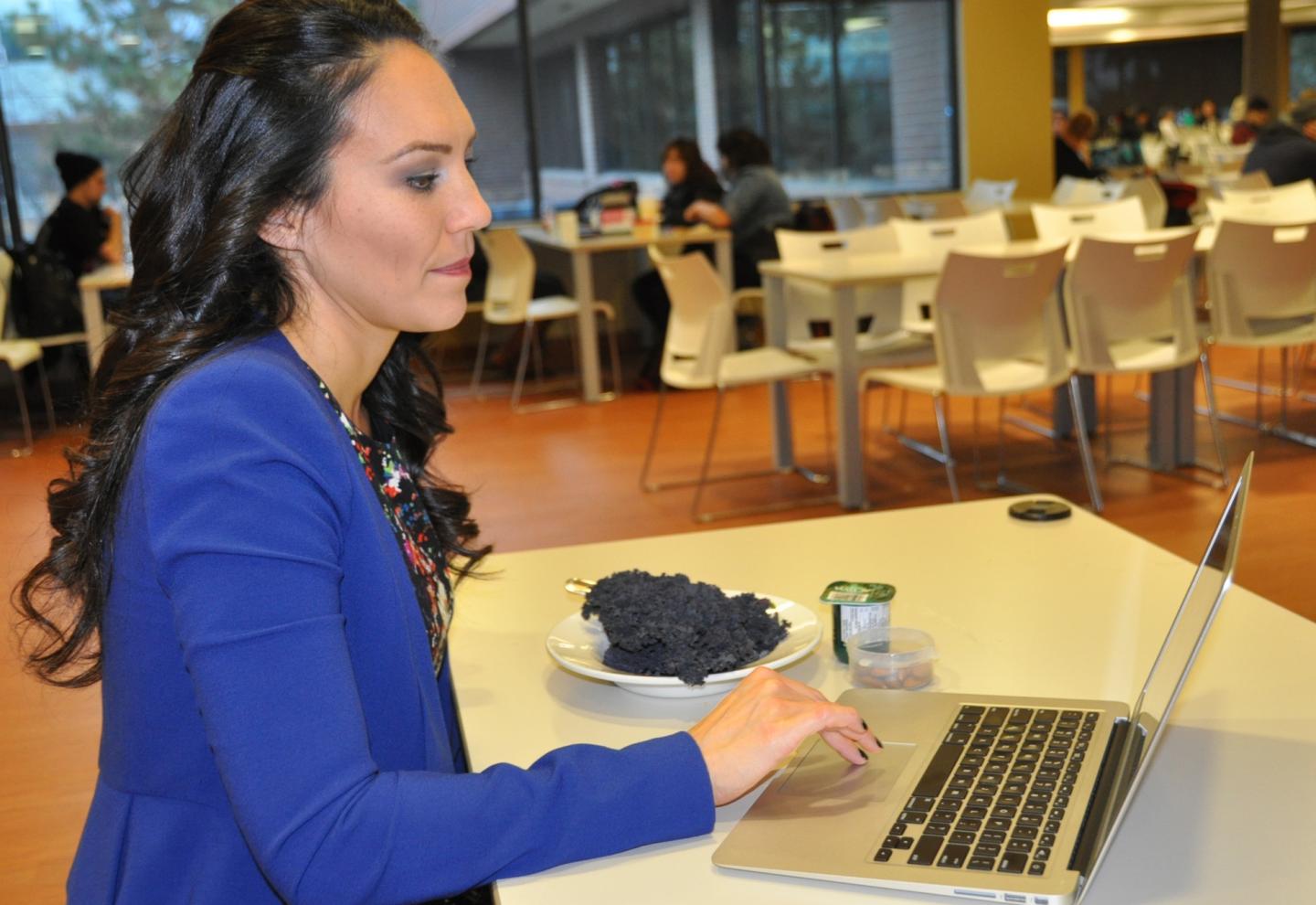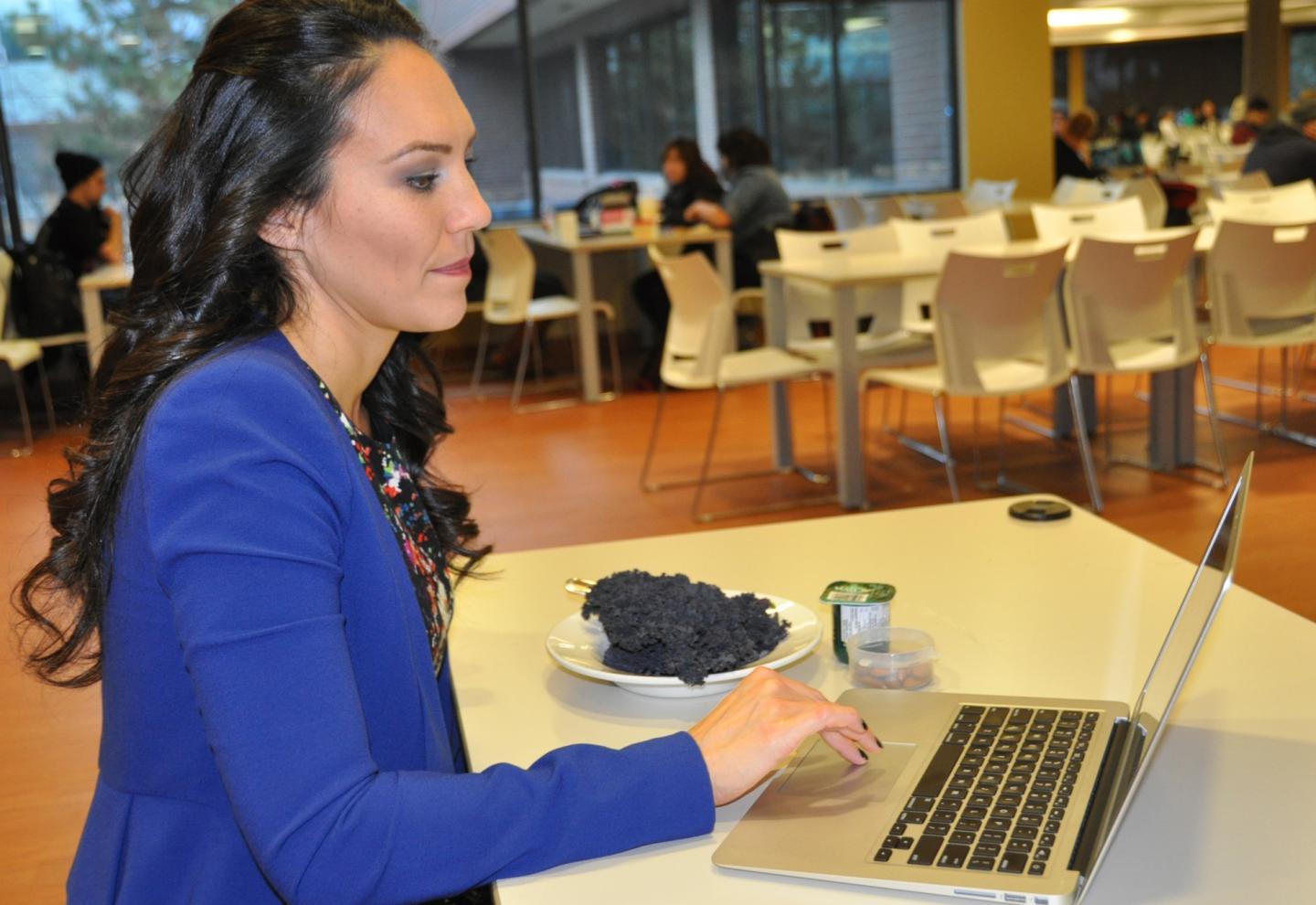
Credit: UBC
UBC researchers have demonstrated that simple, cost-effective email messages can help improve the health habits of Canadians.
Mary Jung, an assistant professor of health and exercise sciences at UBC's Okanagan campus, recently completed a nationwide study with more than 730 Canadians who were not meeting Canada's recommended dietary intake for calcium. Participants received an email–with evidence-based daily tips and strategies on how to increase calcium intake–four days in a row.
Jung, a Michael Smith Foundation for Health Research Scholar Professor, wanted to determine if targeted messaging–making particular outcomes relevant to the population of interest–could be a feasible public health strategy for improving calcium intake.
"Just four targeted messages made a remarkable difference in the consumption of calcium-rich foods," says Jung. "The majority of our participants increased their calcium intake by one serving of dairy a day–pretty good results."
Rather than tailoring messages to each individual, which can be costly and intrusive, the messages in this study highlighted outcomes Jung had found relevant to her targeted audience. Specifically, she used evidence-based information including the suggestion of being a positive role model for one's children, understanding the health benefits of consuming enough calcium as we age, and strategies to keep up the required daily consumption.
Despite the known health benefits of getting enough calcium, such as bone health, less than 40 per cent of Canadians between the ages of 30 and 50 consume the right amount. Jung notes that this age group tend to encourage their children to drink milk, but forget the importance of ensuring they get enough calcium. Other than dairy products, calcium can be found in green leafy vegetables like kale and broccoli, as well as in almonds and canned fish with bones.
Jung says her four emails, arriving in email boxes early each morning, resulted in an increase of more than 200 milligrams of calcium each day in participants–which was maintained four weeks after the emails were sent out.
"This study demonstrates that providing salient information, along with relevant how-to strategies, is an effective way to promote calcium intake in Canadian adults," says Jung. "These findings hold promise for future public health campaigns on a shoestring budget. By making messages meaningful to the targeted audience, cost-efficient messages can change health behaviours."
Jung's research was recently published in the journal Annals of Behavioral Medicine.
###
Media Contact
Patty Wellborn
[email protected]
250-807-8463
http://ok.ubc.ca/welcome.html





